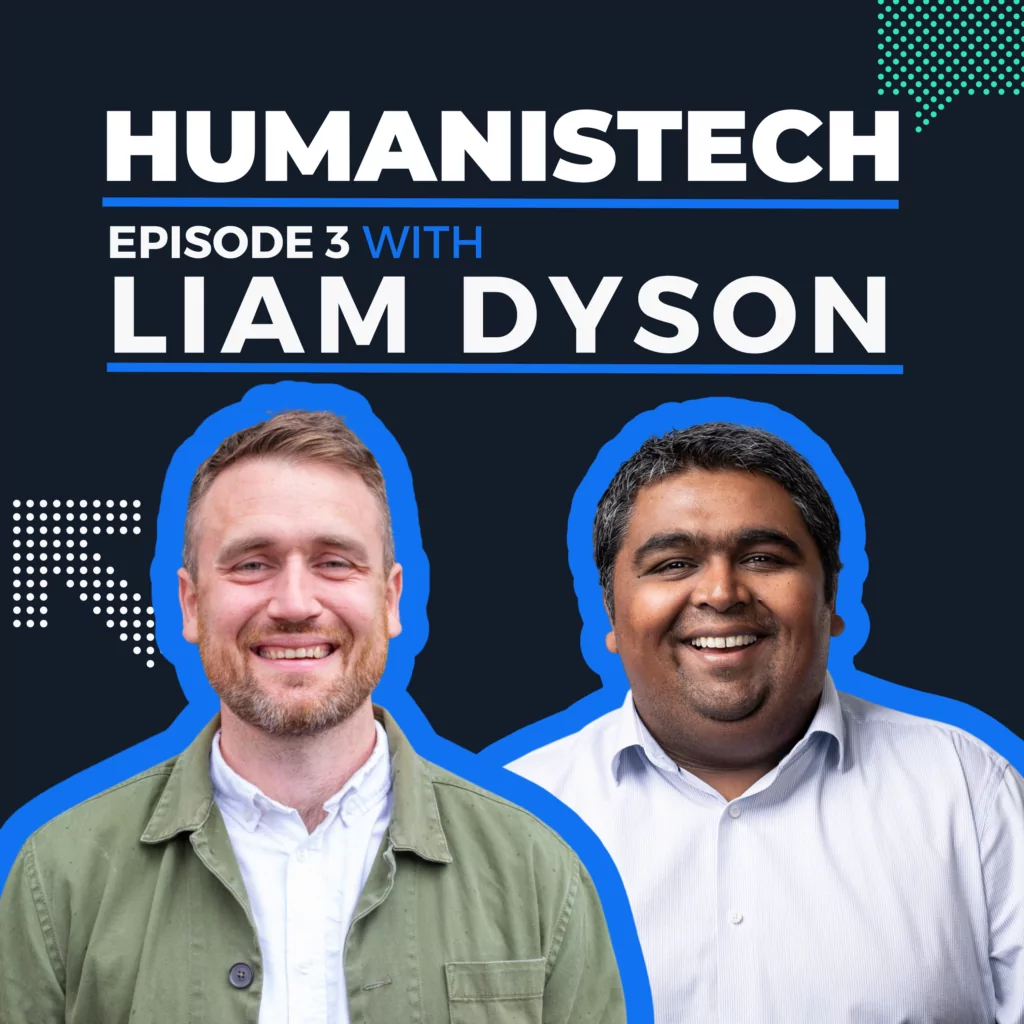The way in which we consume software and related services is changing rapidly‚ led by the fast-moving mobile ecosystem. Traditional computer software was a ‘jack of all trades’‚ and tried to tick all the boxes to satisfy every kind of user. On a laptop or PC‚ it was feasible to include such extensive features‚ and desirable to provide as many ways to use a software as possible to attract more interest. This ideology was initially carried over into the mobile era‚ hence the saying “there’s an app for that”. These all-singing and all-dancing apps tried to do a million things at the same time‚ and expected mobile users to have the patience to use the unlimited features available in one app.
However‚ mobile software consumers are always busy and always on the move. If they aren’t emotionally attached to it‚ it’s not essential for work‚ or it’s not a game‚ a user doesn’t have the time or patience to navigate a huge list of features. Mobile users want apps they can interact with instantly and conveniently over a short period of time‚ such as during their commute or coffee break. Driven by consumer preferences‚ we’re beginning to see an unbundling of apps with multiple features‚ as an effective strategy to attract consumers of the mobile era.
2014 saw several apps unbundled to create individual apps‚ each with a more focused individual purpose. Facebook is one example of an ecosystem which has quite a few features embedded into it. Whilst this works seamlessly on a computer‚ where users can easily navigate and access desired features‚ on a mobile phone it can become extremely confusing and frustrating. Facebook has unbundled some of its ecosystem’s features – such as Facebook Messenger and Groups – to create separate apps. By doing so‚ they have enabled consumers to instantly interact with one of the features‚ for an enhanced user experience.
Similarly‚ Foursquare unbundled its single ecosystem into two apps named Foursquare and Swarm. Swarm was introduced as a stand-alone app‚ allowing users to check-in at venues to share with their friends. By dedicating this feature to Swarm‚ the Foursquare app now concentrates on its huge database of venues. Users can take full advantage of the database that Foursquare has gathered over the years‚ along with information on the venues‚ making it more user-friendly.
Not all brands are unbundling; even giant companies like Google managed to avoid the dilemma of a single confusing app in the first place. Google Docs‚ Google Sheets and Google Slides are 3 different apps that ensure users are clear as to which one is for creating‚ editing or viewing a particular type of document. And although they belong to a single ecosystem‚ YouTube‚ YouTube Capture and YouTube Creator Studio are available separately. These individual apps allow Google to control the functionality and quality of its apps‚ by focusing on only a few select features for each.
Another benefit of dedicated apps is that users are given the choice of how to interact with brands‚ depending on their preferences and requirements. For example‚ a regular YouTube viewer would find the capture feature irrelevant if it was embedded into the YouTube app. Meanwhile‚ an individual who wanted to capture videos to upload to YouTube would like the ability to quickly launch an app and start recording‚ instead of launching the YouTube app and wasting time searching for the capture option.
We could go on with the list of companies that are unbundling – Microsoft and Evernote are also in the process of creating multiple apps – but hopefully we’ve given you a feel for the direction of app development. One of the main reasons for this change has been a growing focus on the user experience. As the market matures‚ users now understand how a good app is supposed to look and feel‚ and have developed high expectations for an app’s functionalities. An app that either complicates a process or takes too long to perform an activity is likely to be deleted from the user’s device. As mobile app developers‚ it’s therefore our responsibility to ensure that we provide the most intuitive and user-friendly experience for consumers; unbundling is one of the ways to do this. To ensure that each app is built with a focused objective in mind‚ rather than a toolbox of 100 different features‚ is of paramount importance.






